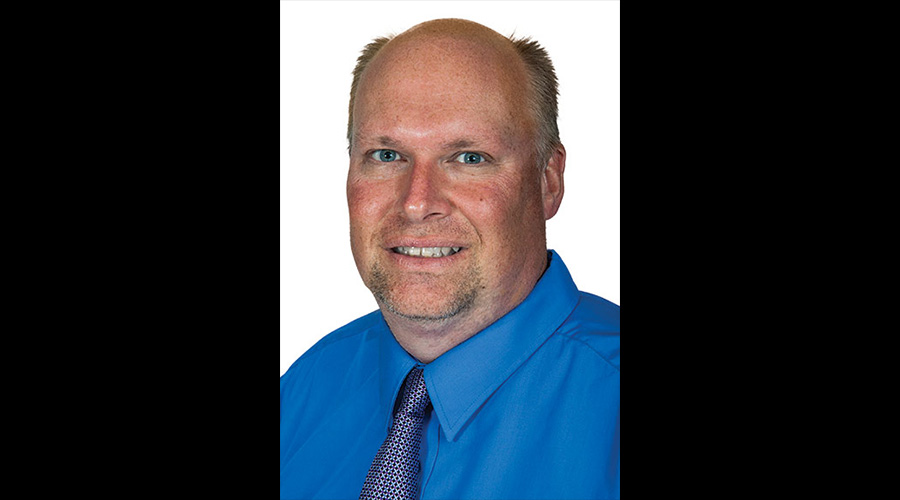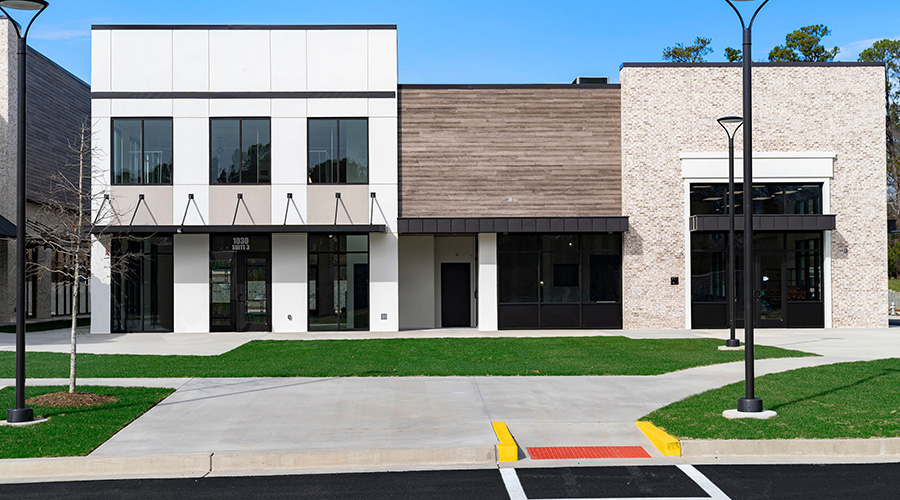
Women in FM: Parenting Cited as Main Reason for Career Breaks
More women are likely to have a career gap listed on their resume compared to men. November 18, 2024
By Mackenna Moralez, Associate Editor
Maternity leave can be a trying time for new, working mothers. Between the late-night feeds and what seems like thousands of diapers, there are also endless amounts of baby cuddles and milestones that make it all worth it.
The United States currently has no national policy for maternity leave. Individual states have mandated maternity leave policies, with the law only covering protections for mothers, not fathers. When there is no law in place, employees can either be provided with leave under the discretion of their employer or through the Family and Medical Leave Act (FMLA), as FacilitiesNet previously reported. Not all states or companies provide paid maternity leave, leaving many families having to adjust their finances before their new baby comes.
Maternity leave can often feel like a bubble. For several weeks, the main responsibility is taking care of a tiny baby. When the time comes to return to work, the bubble pops and for some women that can feel catastrophic because they aren’t ready to leave their baby behind. Not all couples are able to have help from family as they transition back to work, leaving many to rely on outside childcare. According to Care, the average cost of daycare in the United States costs $321 for one child per week, while the average weekly nanny cost is $766. For some couples, the price of childcare is more costly than their take-home pay, leaving many parents to grapple with decision on if it’s worth taking leaving from the workforce to raise their child.
“Throughout my career I have always looked for role models in my leaders who are working moms,” says Yasmin Rehmanjee, partner at Buro Happold. “I think we have come such a long way in this journey and the biggest piece of progress I think that has allowed for the leaps is the transformation from working ‘moms’ to working ‘parents.’ The one single thing organizations can do, in my opinion, to make the workplace more welcoming to moms is to implement parental leave policies, instead of limiting themselves to only maternity leave policies.”
A recent LinkedIn study found that 43 percent more women in the U.S. have a career break listed on their resume compared to men, citing full-time parenting as the number one reason for their absence. On average, a career break to be stay-at-home parent lasts just over three years. A 2022 LinkedIn survey said that 48 percent of women who went on parental leave feel forced to choose between their career and their children, with 59 percent of respondents saying that they worried that they were not spending enough time with their family because of work obligations. In addition, 60 percent of female respondents said that they felt anxious about getting back to work after taking a career break to care for children.
“Early in my career, I was offered a role that required extensive travel, which would have pulled me away from my child at the time,” says Maria Ruiz, Facilities & Operations Manager, Unicef USA. “I made the decision to focus on roles that allowed me to grow professionally without sacrificing my presence at home. I found, researched and searched opportunities, made lateral moves and even took pay cuts to ensure my family was taken care of allowing me to progress without feeling like I had to choose between work and family. Even though, looking back, it was disheartening and difficult to think I had to make a choice, but it allowed me to fortify my path to stand up for both my family and my career goals as I gained more experience, advanced in roles and teamed up with other working, professional women who would advocate for more flexibility and grant.”
Men, on the contrary, are less likely to take a career break, according to the LinkedIn survey. They are also less likely to claim parenting as a reason for taking off. The study found that most men were likely to take a career break due to job transitions or professional development, with the average gap lasting less than a year.
“Men have as much right as women do to take time to bond with their babies and take the time to learn how to be a parent,” Rehmanjee says. “Giving men parental leave gives them permission and the ability to share the burden of a newborn child, which then allows their partner to get back to their career faster and guilt free.”
Still, half of women found a career gap to be valuable, according to Applied. In a report by the website, 45 percent of women respondents believed they had gained new or transferrable skills or enhanced their existing skillset during their break.
Despite this, 53 percent of people would rather not tell potential employers about the gap in their resume because of the negative stigma surrounding job absences. According to the LinkedIn survey, 51 percent of hiring managers believe that people who take career breaks are capable of starting their careers at any time. However, 52 percent of managers do believe that candidates should bring up their career break during their interview and highlight what skills they gained during that time.
Still, 64 percent of respondents want a better way to positively reflect career breaks to potential employers The LinkedIn survey found that 74 percent of employers valued the skills that were gained during their hiatus, but many candidates tend to undervalue themselves when applying to new roles.
“After my first daughter was born, I was deciding whether I wanted to find a ‘9-to-5”’job or continue exploring this path I had started of consulting and teaching,” says Alana Dunoff, strategic facility planner, instructor and executive at AFD Professional Services. “I was weighing the options with a friend who is an executive coach. She gave me a piece of advice I will never forget – she told me I was allowed to design my own life. That I could be intentional in my choices for how and when I work and my ability to earn a living and being a mom and doing other things that I valued like volunteering in my community. There was an unexpected freedom for me in those words. I had choices. I could create a successful life as a professional and a mom, it might not have been conventional, but it was possible.”
Mackenna Moralez is the associate editor for the facilities market.
Next
Read next on FacilitiesNet












